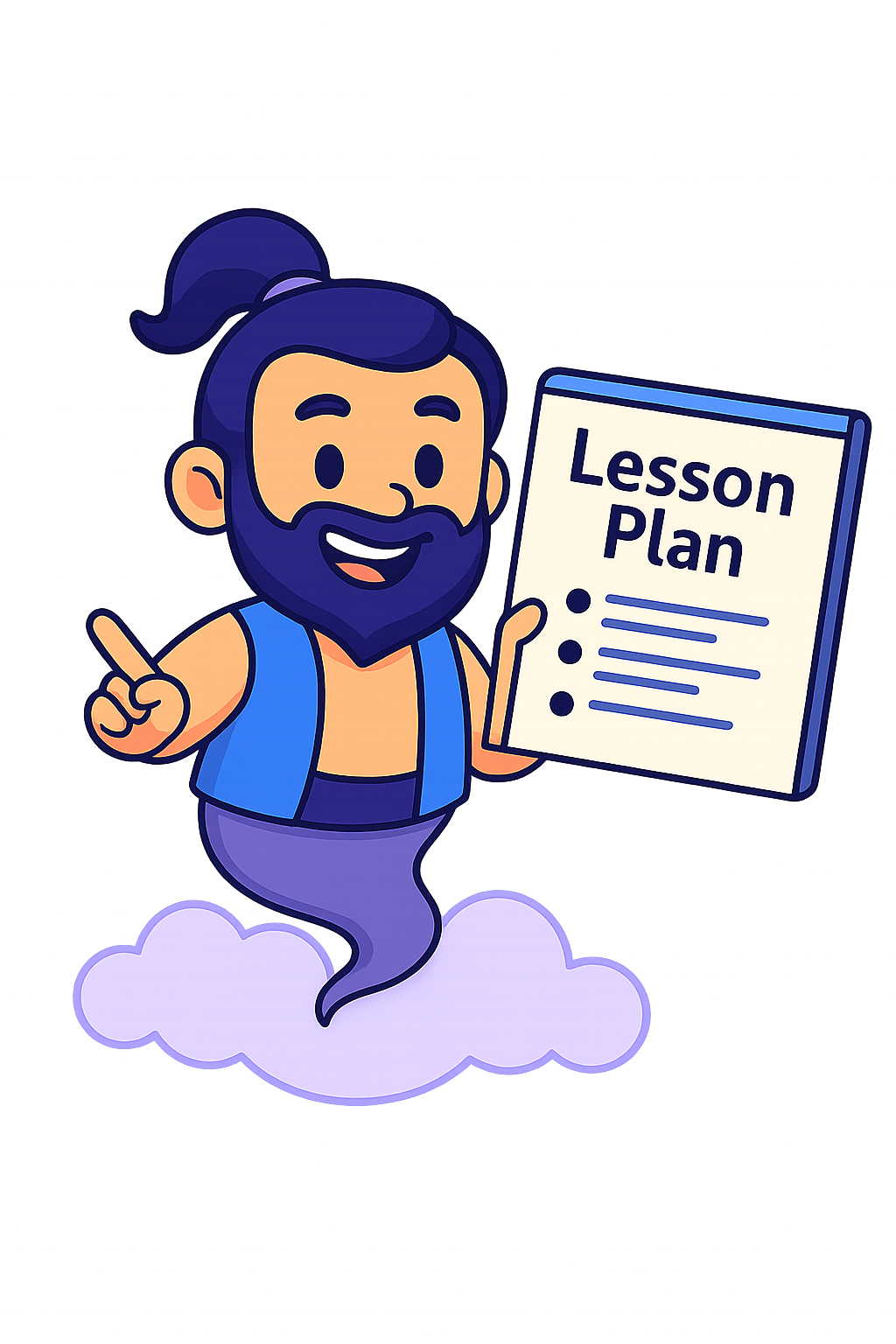 Using Precise Language to Improve Writing
Using Precise Language to Improve Writing
Objective: Students will learn to choose precise words and phrases to convey ideas clearly and effectively in their writing.
Learning Objectives
- Understand what precise language means and why it is important.
- Identify vague words in sentences and replace them with more specific words.
- Use precise language to improve the clarity of their own writing.
Materials Needed
- Notebook or writing paper
- Pencil or pen
- Example sentences with vague words
- List of precise vocabulary words
Key Vocabulary
- Precise Language
- Words that clearly and accurately describe something, making writing more specific and understandable.
- Vague
- Words or phrases that are not clear or detailed enough to fully explain an idea.
- Synonym
- A word that has the same or almost the same meaning as another word.
Detailed Activities
Identifying and Replacing Vague Words
- Start with a short paragraph containing vague words like ‘thing,’ ‘nice,’ or ‘bad.’
- Read the paragraph aloud with your child, and together find the vague words.
- Discuss why these words are unclear and think of better, more precise words.
- Rewrite the paragraph using the new precise words and compare the difference.
Writing with Precise Language
- Ask your child to write a few sentences about their favorite animal, place, or hobby using simple language.
- Help them identify any vague words in their writing.
- Use a list of precise vocabulary words to replace vague words.
- Have your child rewrite their sentences using the precise words to make their writing clearer.
Parent & Instructor Notes
- Encourage your child to think about how the words they choose help the reader picture the story or idea.
- Praise specific improvements when your child uses precise language, reinforcing the value of clear writing.
- Keep the vocabulary list handy for reference and add new precise words as your child learns them.
Assessment Questions
- What does it mean to use precise language in writing?
- Can you find a vague word in this sentence and suggest a better word?
- How does using precise words help someone understand your writing?
Extension Ideas
- Create a vocabulary journal where your child collects new precise words with their meanings and example sentences.
- Play a synonym matching game to build awareness of different precise words.
- Write a short story together focusing on using precise language throughout.
Frequently Asked Questions
Encourage them to use a thesaurus or a simple dictionary, and provide examples of precise words. Learning new vocabulary is a gradual process, so practice and patience are key.
Look for specific nouns, strong verbs, and descriptive adjectives that help create clear images or ideas rather than general words like ‘thing’ or ‘stuff.’
Teacher’s Guide
Common Misconceptions:
- Students may think that longer or more complicated words are always more precise.
- Children might confuse precise language with using fancy words that do not fit the context.
- Students may struggle to understand why some words are too vague and need replacement.
Scaffolding Ideas:
For Struggling Students:
- Provide a list of common vague words with suggested precise replacements.
- Use pictures and concrete examples to help explain word meanings.
- Work one-on-one to guide word choice in their writing.
For Advanced Students:
- Challenge students to use sensory language to add vivid details.
- Ask students to write a descriptive paragraph using multiple precise words and phrases.
- Encourage peer review where students suggest more precise word choices to each other.
Pacing Recommendations:
- Spend 10 minutes introducing and discussing the concept of precise language.
- Use 15 minutes for guided practice identifying and replacing vague words.
- Allow 15 minutes for independent writing and revising with precise words.
- Use the last 5 minutes to review and discuss the improvements made.
Standards
- 6.W.2f — Use precise words and phrases, relevant descriptive details, and sensory language to convey experiences and events.
Printable Worksheet
Plan Your Own Lesson
Looking for a custom lesson plan? Try our Lesson Planning Generator — create standards-based plans for any topic, instantly!
Common Core Aligned Lesson Plans
Looking for another common core lesson? See all of the lesson plans here.
More Free Lesson Plans
We’re adding more every week! Check back soon or explore all our lesson plans here.

 Using Precise Language to Improve Writing
Using Precise Language to Improve Writing
Leave a Reply